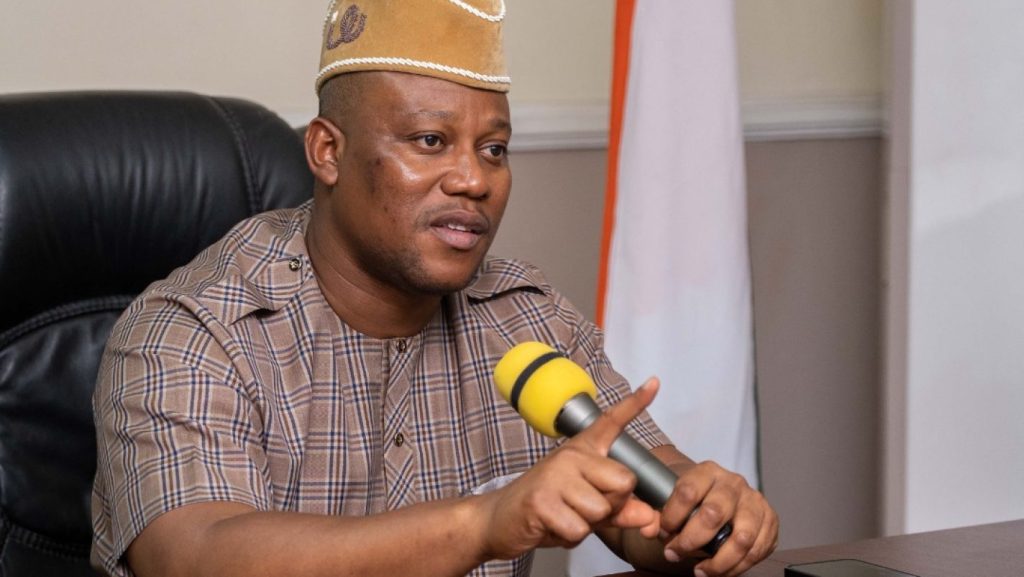The Nigerian government has issued a directive to generation companies connected to the national grid, threatening to disconnect those that fail to implement free government control across their generating units. This move is aimed at preventing national grid collapses, according to the federal government.
The Nigerian Electricity Regulatory Commission (NERC) disclosed this information under Order No. NERC/2025/094, which took effect on September 1, 2025. The order, signed by the Commission’s Vice-Chairman, Musiliu Oseni, and the Commissioner for Legal, Licensing, and Compliance, Dafe Akpeneye, in August, outlines the consequences of non-compliance.
Generation units that do not comply with the order for 90 consecutive days risk being disconnected from the grid entirely. The order emphasizes the importance of Fast-Acting Frequency Control (FGC), which enables a turbine or generator’s governor to automatically adjust output in response to changes in grid frequency. This mechanism is crucial for maintaining grid stability and preventing collapses.
As stated in Section 12.6.2 of the Grid Code for the Nigerian Electricity Transmission System, all generating units are required to be fitted with fast-acting FGC capable of regulating turbine speed and adjusting power output based on frequency deviation exigencies. This primary control mechanism is essential for ensuring the reliable operation of the national grid.
The Nigerian government’s directive is part of its efforts to strengthen the country’s electricity infrastructure and provide a stable supply of power to its citizens. The move is significant, as it underscores the government’s commitment to addressing the challenges facing the power sector. With the order now in effect, generation companies are expected to take prompt action to implement the required controls and avoid disconnection from the grid.
The implementation of this directive will be closely monitored, and its impact on the national grid and the power sector as a whole will be assessed in the coming months. As Nigeria continues to work towards improving its electricity infrastructure, the success of this initiative will be crucial in achieving a stable and reliable power supply.



